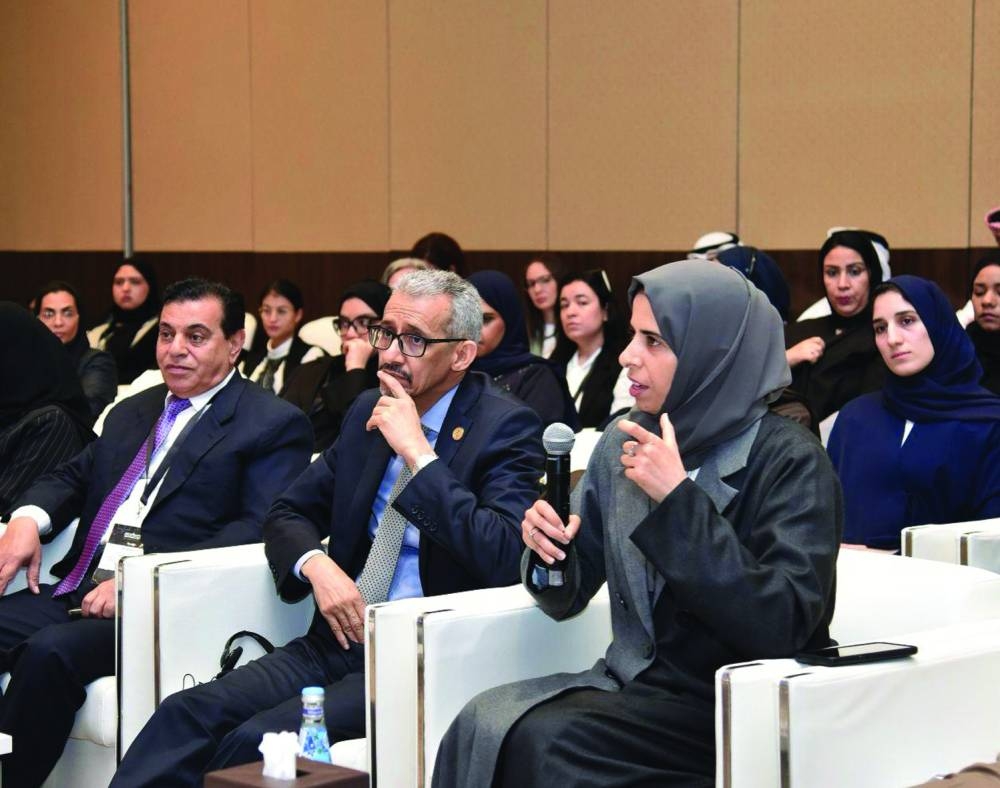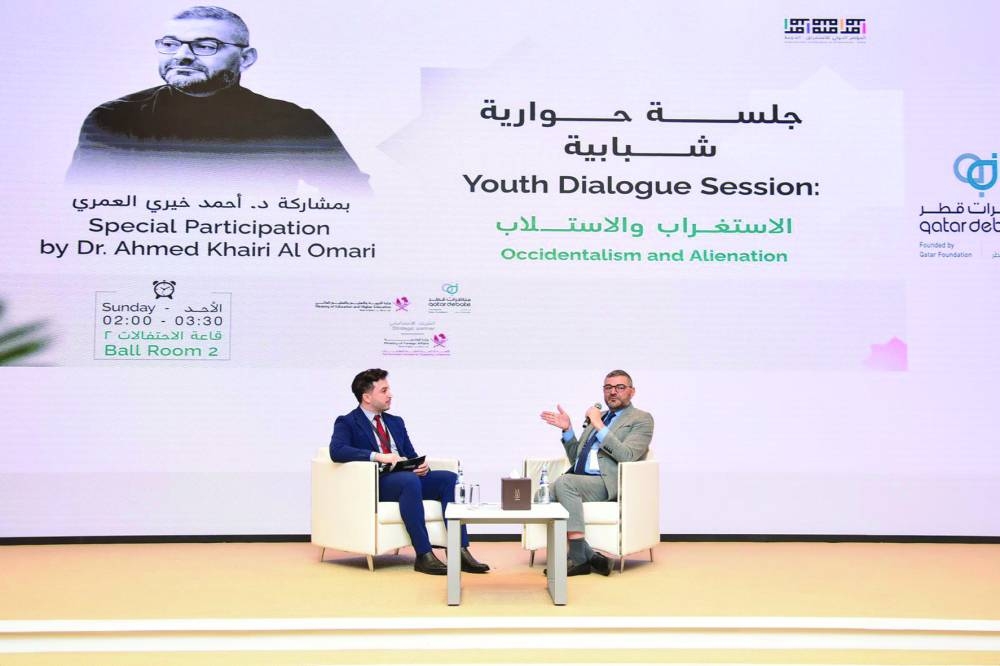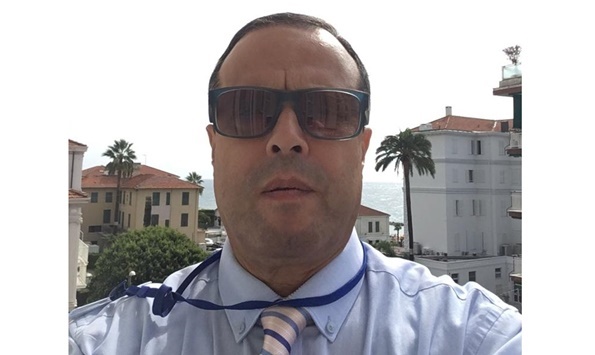The first International Orientalism Conference concluded Sunday in Doha.
The conference was organised by the Ministry of Education and Higher Education (MoEHE) and the Qatar Debate Centre, in partnership with the Permanent Committee for Organising Conferences at the Ministry of Foreign Affairs (MoFA), and in co-operation with academic institutions including Qatar University, Hamad Bin Khalifa University, and the Doha Institute for Graduate Studies, along with leading international institutions such as Leiden University of the Netherlands, the Institute for Advanced Studies in Sarajevo, and Dagestan State University.
HE the Minister of Education and Higher Education Lolwah bint Rashid AlKhater, who is also the conference chair, said that the conference's vision seeks to create a safe space for in-depth and serious intellectual discussions, free from sensitivities.
It also emphasised the importance of breaking free from the nihilistic polemic between East and West, which it describes as a war, deconstructing the East-West dichotomy, and approaching the human experience from different civilisational dimensions.
In an effort to enrich the intellectual landscape surrounding Orientalism, the conference aims to re-read and analyse the concept of Orientalism from a contemporary perspective, not as an ancient field of knowledge, but as a present and influential intellectual framework, although in its various forms.
The conference focused on promoting dialogue between civilisations, dismantling prevailing stereotypes, and posing thorny questions to move Orientalism from the sphere of ideological tensions and preconceived biases to the realm of sound scholarly debate and research.
The inaugural conference was attended by an elite group of thinkers, researchers, and specialists in Orientalism, numbering more than 300 participants representing 50 countries.
High-profile figures included Turkish thinker and politician Dr Ibrahim Kalin, Lebanese Minister of Culture Ghassan Salamé, Gambian Minister of Foreign Affairs and International Co-operation Dr Mamadou Tangara, and Lebanese Deputy Prime Minister Dr Tarek Mitri.
The conference also opened its doors to 1,300 people who interacted and enriched the discussions in the conference sessions over the course of two days.
Qatar's hosting of this conference is the culmination of its pioneering efforts to promote cultural and civilisational dialogue among the world's peoples.
It reinforces its position as a global beacon of thought, culture, and education, and a bridge of communication between cultures and peoples, at a historic moment when humanity needs to build bridges of understanding and co-operation more than ever.

HE Lolwah bint Rashid AlKhater during a session of the conference

Panel of a youth debate

